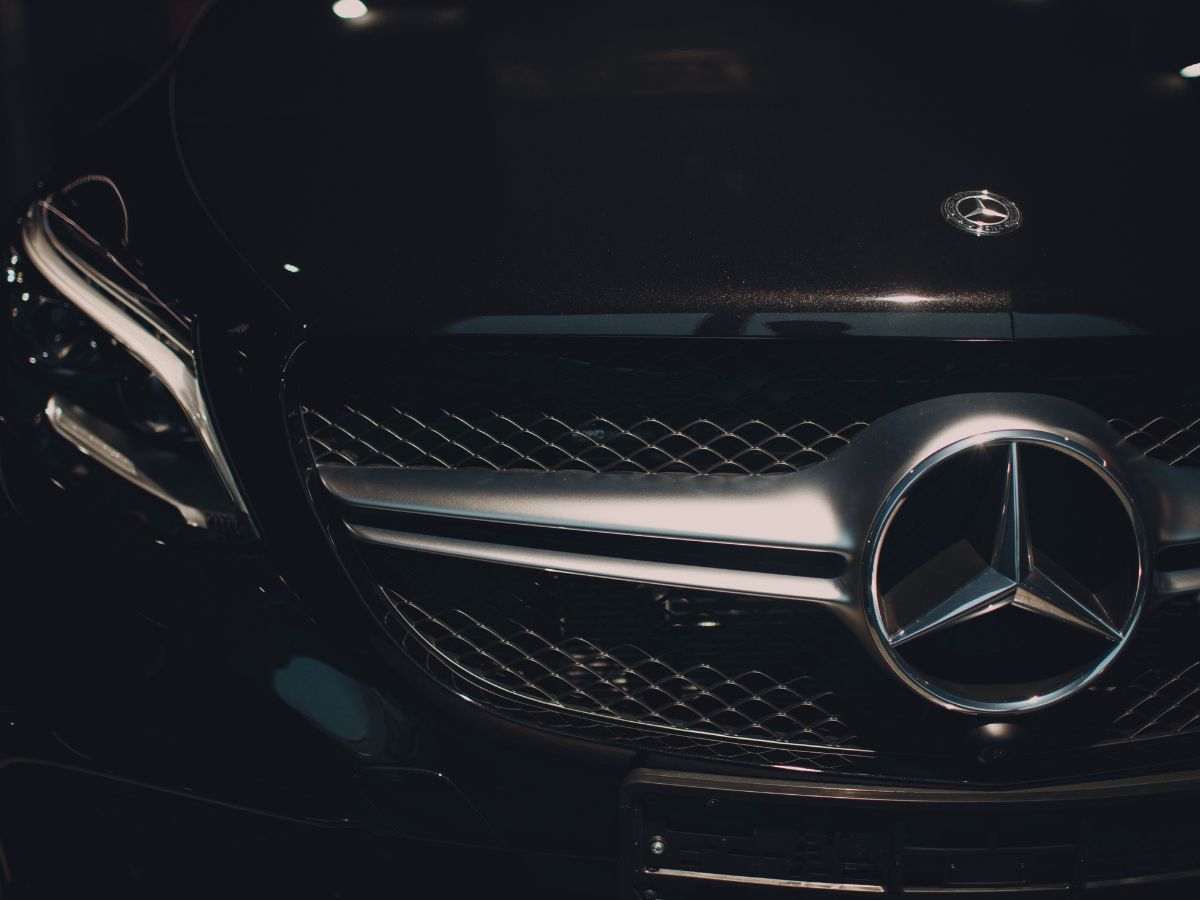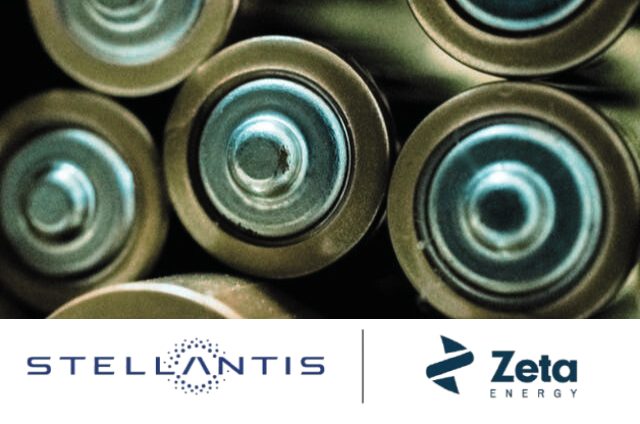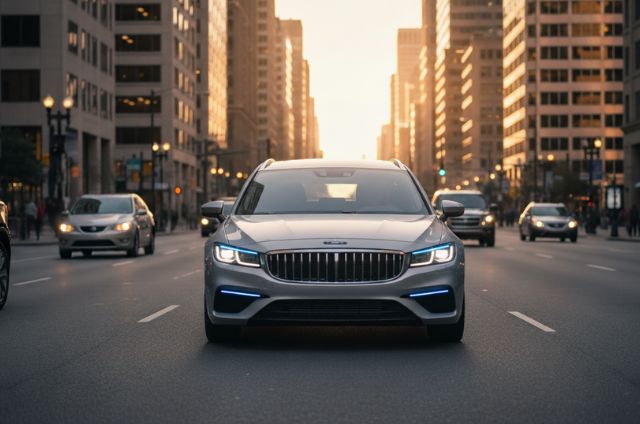Mercedes-Benz has been under fire for what many South Koreans claim was a poor reaction to a big fire started by one of their EVs. The event, which occurred in Incheon, South Korea, has caused chaos and brought into question the automaker’s resolve to deal with the fallout from the catastrophe.
The Incident: EV Fire in Incheon
A Mercedes-Benz electric vehicle caught fire in the underground parking lot of an apartment complex in Incheon. The fire was severe, resulting in damage to over 100 vehicles and causing minor injuries to a few residents. The fire took several hours to put out, resulting in severe damage and safety concerns among officials and locals.
Residents’ Response to EV Fire
Mercedes-Benz Korea responded to the disaster proposing to donate 4.5 billion won, or around $3.3 million, to the affected residents. This gesture has attracted a lot of criticism, though. Given the extent of the devastation, many locals feel that the donation is “absurdly insufficient.”. The relief package, which affects 1,581 households and averages about 3 million won per home, is criticized by many as being insufficient to make up for the harm and disruption done to inhabitants.
CEO’s Visit: Adding Fuel to the Fire
Mercedes-Benz Korea’s CEO and President, Mathias Vaitl, attended a meeting with the residents of the affected apartment complex. However, his late arrival to the meeting further aggravated the residents. During the meeting, several residents voiced their frustrations and concerns, highlighting the financial and health impacts they have been dealing with since the incident.
Beyond the financial damages, residents have also raised concerns about health issues arising from the fire. Dust and debris from the blaze have led to headaches and sore throats, particularly among children. Moreover, discrepancies in insurance coverage mean that not all residents will receive full reimbursement for their damaged vehicles, adding to the frustration.
Government Response: Potential New Regulations
The South Korean Environment Ministry called an emergency conference to talk about EV fire safety in response to the fire. The South Korean government is thinking of requiring automakers to reveal the brands of electric car batteries that they use in their vehicles in light of the incident. Such statements have already been made public by Hyundai and Kia, and pressure is mounting on other automakers to do the same.
Conclusion
The backlash against Mercedes-Benz in South Korea brings to light the increasing worries about the safety of EVs and automakers’ obligations in the event of such accidents. It is unclear at this point how Mercedes-Benz will handle the neighbors’ ongoing complaints and what potential regulatory changes may result from this occurrence.



